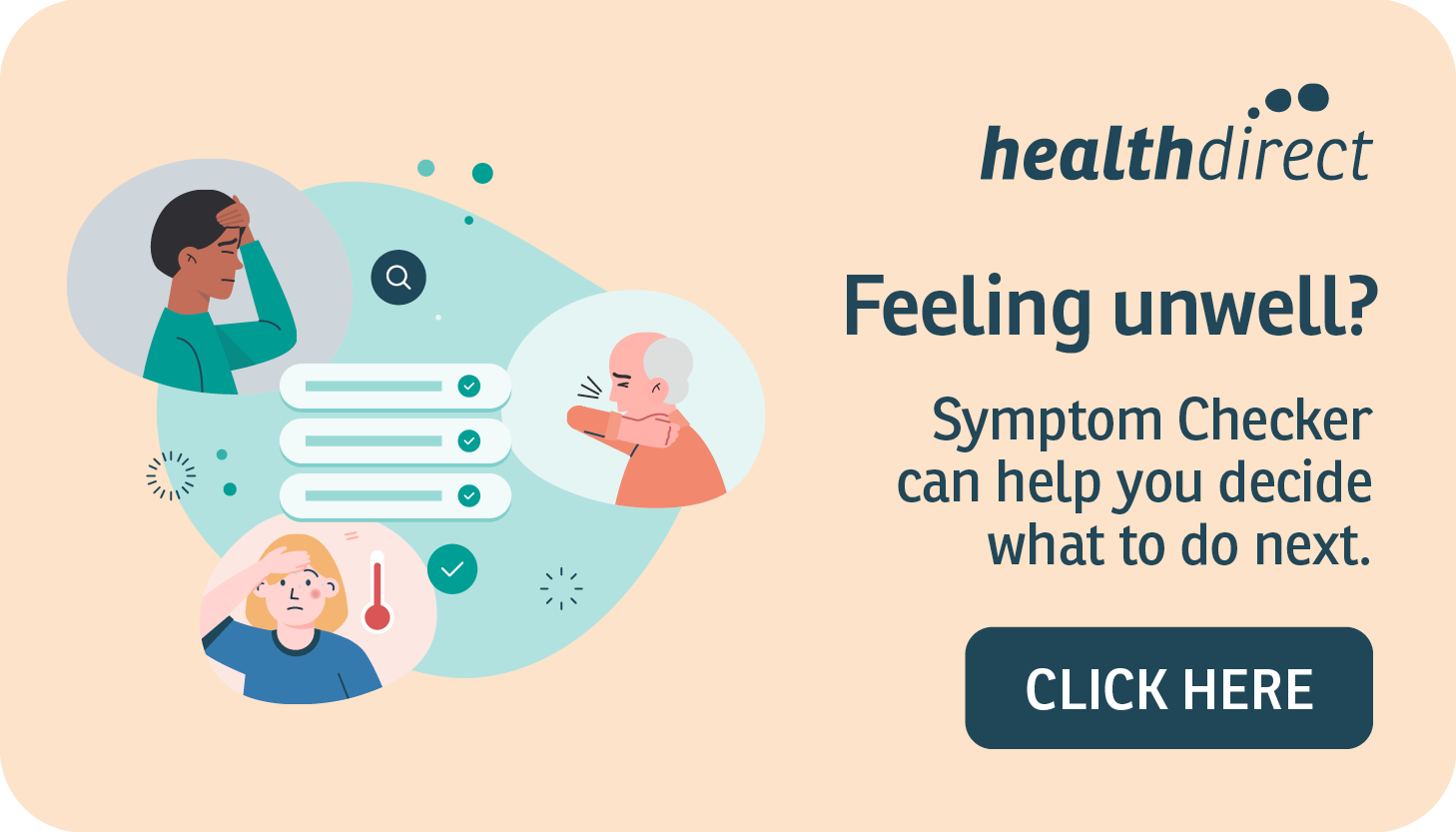Catherine Mousley is one of the brave mums who is featured in the Louis Theroux documentary, Mothers on the Edge. Catherine has generously shared a very intimate, honest and raw insight into her story for us and we are incredibly grateful to Catherine and her family.
Catherine also works tirelessly to raise awareness of perinatal mental health on Instagram at her Perinatal Mental Health Project.
As a couple, we have faced challenges I wouldn’t wish upon anyone.
Choosing to end a much-wanted pregnancy because of a fetal abnormality is something you carry for the rest of your life.
I used to think that getting pregnant and staying pregnant with a healthy baby would be the hardest thing we would face next. Except it wasn’t.
As a family, we have been on such a turbulent journey over the past 10 months.
Four of those months were spent inside the grounds of The Bethlem Royal Hospital, sectioned under The Mental Health Act, for the second time in my life.
I owe so much of my life to this hospital.
The first time it quite simply saved me from death by starvation, the second, from my own destructive mind.
At my first appointment with my GP at 5 weeks pregnant, back in September 2017, I expressed how horribly anxious I was already. She immediately referred me to the Perinatal Mental Health Team.
This service proved to be invaluable and I had weekly appointments with the consultant and a psychologist throughout my entire pregnancy. We worked through coming to terms with terminating our last pregnancy, the extreme anxiety during this pregnancy and how to parent after a loss.
In the weeks following Jake’s birth, my mental health took a turn for the worse.
Jake had silent reflux and cried in discomfort for long periods of time. He struggled to breastfeed and take formula.
The sleep deprivation, the isolation, fluctuating hormones, feeding struggles, anxiety from being a new mum and insane guilt I carried sent my mood plummeting. Add to this, the 9 months of anxiety, worry, guilt, and history of trauma from being pregnant again after a loss which combined, sent me spiraling into a deep depression.
I found it difficult to be around Jake which I hated myself for.
I had wanted him so much so why was I now feeling so awful, resenting him and wishing he wasn’t here? Why did I feel like it was the worst decision we’d made? Why wasn’t I feeling like I was supposed to? Why did I not feel like I loved him?
Suddenly, I was more aware of what we may have missed out on with our other child. I wondered if they would look alike? If personalities and milestones would be similar? Would their smiles and laughter be the same?
The summer was so hot yet it felt so dark inside.
The pressure to be a perfect parent and to make it appear like I was coping became heavy.
I felt incredibly guilty when I got frustrated or didn’t have the patience I expected myself to have in that minute or day, or just didn’t handle a situation the way I would have liked.
I was so hard on myself because I felt like I had to enjoy every moment. I felt like I had to get everything right the first time and if I didn’t, I had failed again. I already felt like an awful mother because I had made the choice to end my child’s life. This was my chance to redeem myself and the pressure from my own conscience was especially intense.
Now, add to that the fact that I knew from experience just how much WORSE it could be. I felt I should be so incredibly grateful and happy literally ALL the time, and never lose patience or be frustrated because I had wished for this healthy child so much.
I often feel that everyone thinks I should just be better now. But, it’s not that simple. Now I am navigating new territory where grief and joy coexist, adding new layers of grief, and bringing on new events that I haven’t experienced before. The silence of baby loss can sometimes linger on into the world of parenting after loss.
On a Friday morning, after my partner made an emergency appointment with my consultant at the Perinatal Team, she suggested I spend some time on The Mother and Baby Unit at The Royal Bethlem Hospital.
My initial reaction was horror. How could I be away from home and my extensive routines that kept the anxiety (only just) from ripping me apart every day? How am I going to cope alone with the very person that was making me so anxious? Why am I the one having to do this? It doesn’t seem fair.
It then swung to relief. A rest she said, a rest from all the outside influences that were making me feel so very suicidal.
Then back to horror. How would I clean? How would Jake sleep? How would I cope in the night alone?
I was lucky enough to secure a bed within the week.
This unit allowed me to access expert help whilst still remaining with Jake which was a critical part of recovery.
The weeks that followed saw several bouts of severe emotional instability, self-harm, impulsive behaviour, and two suicide attempts.
I had reached rock bottom and had no idea what was wrong with me. I couldn’t fathom my behaviour nor could I control it.
The consultant, Dr Trudi Seneviratne who has just been awarded an OBE for her dedication and services to Perinatal Mental Health, diagnosed Severe Depression and Borderline Personality Disorder.
Throughout my stay, I had intensive psychology, meetings with a child development psychologist, regular OT sessions, DBT and round the clock care.
I finally turned a corner just after Christmas and was discharged at the end of January to continue my recovery at home.
The bond that Jake and I now have is unbreakable and something I cherish every day.
Initially, I felt so embarrassed, the stigma of this diagnosis weighing heavily.
Something I needed to keep hidden.
I saw BPD as an insult, a criticism of my whole being, but then I began to understand that it is just a diagnosis, an explanation of why I feel as I do.
This is a part of me, something that has been for so long but I never had a name for it.
Instead of hiding, I want to feel empowered to move forward and make the right choices, not the reckless ones.
I want to help other people feeling the same way by speaking out about my own experience.
I want to end the taboo subject of mental
Health and raise more awareness about how pregnancy and parenthood can change the way you think or feel about yourself, how you act and how it can affect the person you are.
During my stay, Louis Theroux and the BBC wanted to make a documentary about Post Natal Depression, Postpartum Psychosis and the services that the NHS has to offer to help with these issues. I was asked to be a part of this documentary.
Initially, I was wary, I feared the judgement of others and worried that people may think bad of me.
It is an incredibly honest, powerful and raw documentary. It captures some extremely delicate and fragile moments of real life when you have mental health problems following the birth of a baby.
Very hard hitting, emotional and personal scenes were filmed.
Watching it back has been very overwhelming and difficult in places. I was instantly transported back to the days when the fog of depression was so heavy I felt it would be better if I wasn’t alive. Those memories still feel so engulfing that they have the power to take my breath away.
In the end, I agreed to be a part of it, primarily to help people know that if they were feeling this way, that they weren’t alone and where they could access specialist help.
In the future, I also wanted Jake to know, that instead of sitting at home feeling utter despair, I got up and did something about my own mental health to help him in the long term.
Despite what Facebook and Instagram depicted, I wasn’t happy. I was struggling so much yet pretending everything was fine. My only regret is that I didn’t ask for help sooner.
If you need help and feel like you are struggling in any way, please ask for support from your local health professional. It’s doesn’t matter if this is your first or sixth baby, receiving help is open to everyone.
Being a new mum is hard but having your second or third baby is just as hard. Every pregnancy is different, every baby is different and every journey into motherhood is different. Just because you coped once it doesn’t mean you need to feel like you should cope again.
Your mental health matters 🖤
(Images from Mothers on the Edge BBC)
Catherine's Story
Please submit your details below and we will be in touch soon.
Related Fact Sheets

























.png)

